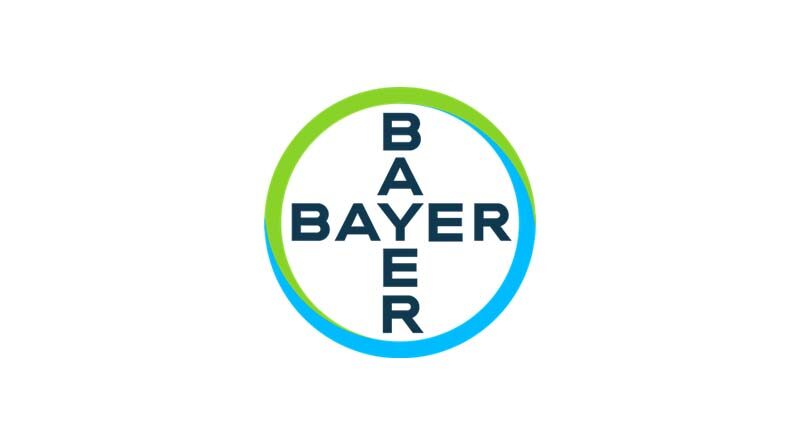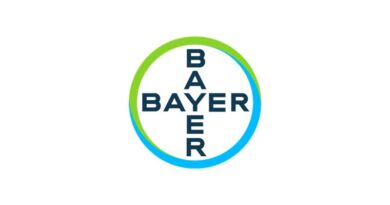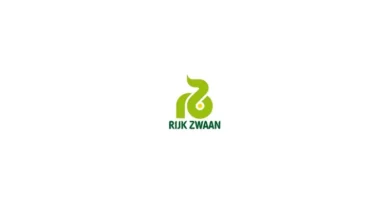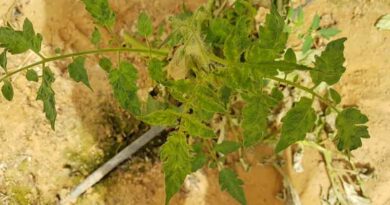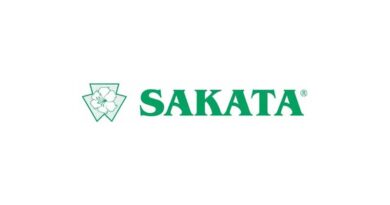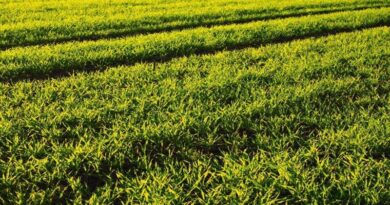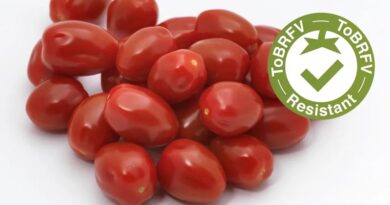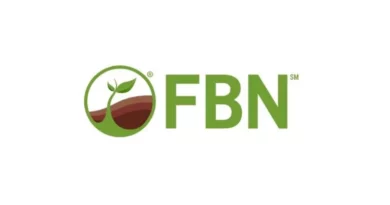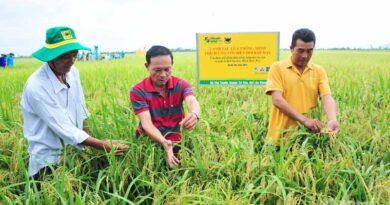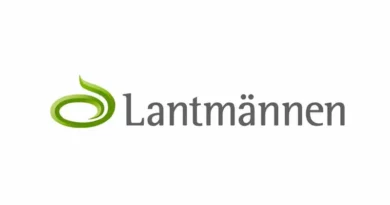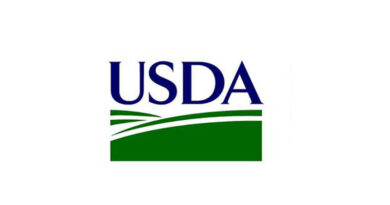Bayer launches commercial varieties with intermediate resistance to Tomato Brown Rugose Fruit Virus (ToBRFV)
19 May 2021, Monheim: Bayer announced today the commercial availability of tomato varieties bred to help growers address the challenges of tomato brown rugose fruit virus (ToBRFV). These include a grape tomato, pink beef, beefs and Roma-type tomatoes, offering strong intermediate resistance (IR) to both leaf and fruit symptoms of ToBRFV.
ToBRFV was first observed in 2014 and spread rapidly to different world areas. This viral disease impacting tomato plants represents a challenge for the industry as it can be transmitted very easily through many vectors including farming tools and equipment, workers’ hands, plants, water, soil, and people.
The performance Bayer has seen in these varieties aligns with intermediate resistance (IR), as defined by the International Seed Federation where the crop can show little or no symptoms of the virus in leaf or fruit. For the grower, this means an opportunity to protect more marketable yield without fruit and leaf symptoms and provide a more consistent supply into the food chain.
As an integral part of its durable resistance strategy, Bayer’s global Research and Development teams have been stacking ToBRFV resistances into the global tomato pipelines and trialing those under high disease pressure conditions around the world with the ultimate goal of developing varieties with high resistance to the virus.
In addition to current commercial offerings providing IR, Bayer has identified combinations of resistance in its pre-commercial pipeline that have the potential to produce plants and fruit that show no visible symptoms even under ToBRFV high pressure conditions. Late stage pre-commercial trials on those plant varieties are beginning now. Bayer expects to make these varieties commercially available in the next 2-3 years.
“Leveraging the strength and organization of our global collaborative breeding pipelines and germplasm library, supported by our marker technology platforms, pathology programs and widespread use of rapid breeding cycles, means that this combination of resistance is already incorporated into our elite breeding lines across the world,” said J.D. Rossouw, Head of Bayer’s Vegetable Seeds R&D. “As part of our commitment to continuing development of a durable resistance strategy to ToBRFV, Bayer is layering resistances to build stronger protection for growers as well as incorporating novel sources of High Resistance from wild tomato species, and will prioritize roll out of these resistances across our global tomato pipelines to continue to build virus protection for growers.“
The ToBRFV resistance program is part of Bayer’s corporate commitment to Health for all, hunger for none. It complements the company’s SHIELD program, a comprehensive approach to deliver clean seeds season after season to growers around the world. For more than 10 years, the focus of SHIELD has been on the prevention, detection and elimination of pathogens at our own Bayer production and processing sites, as well as third-party production and processing sites for Seminis and De Ruiter brands.
The SHIELD program continues to incorporate market-leading best practices into seed production and supply. In addition to its strict production protocols that are applicable whatever the growing environment (open field, greenhouse or glasshouse), Bayer has always, and will continue to have, stringent testing measures in place aligned with the International Seed Health Initiative (ISHI) guidelines and any applicable laws, which includes testing our seed for the presence of ToBRFV before it is shipped to customers.

